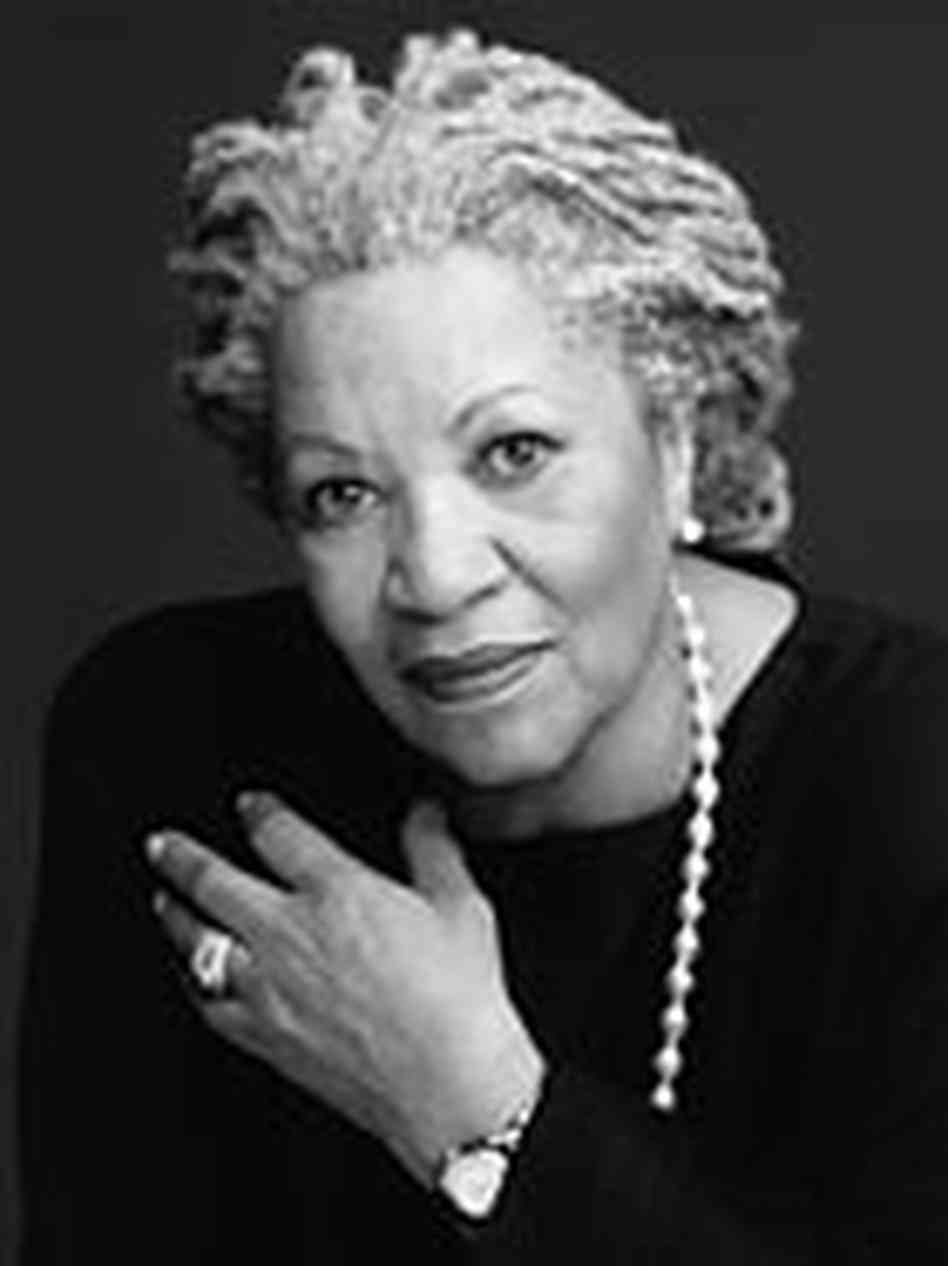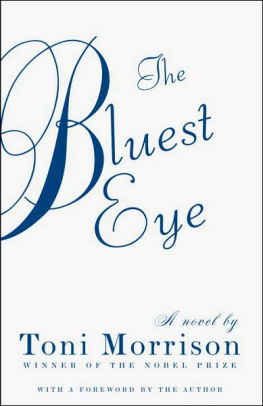“Definitions belong to the definers, not the defined.”
Those profound words were few of many that Toni Morrison used to evoke, inspire, and shape culture as a whole. Born in Lorain, Ohio, the novelist, editor, teacher, professor and Nobel Prize winner will forever be known for her significant role in creating characters that propelled black literature into the mainstream. Following a short illness, the lyrically gifted maven departed this life on August 5, 2019 at Montefiore Medical Center in New York. She was 88.
The second of four children, Morrison didn’t allow her impoverished upbringing to deter her from her dreams. Before she turned three, her family’s landlord set fire to their house, while they were at home because her parents couldn’t pay the rent. Her family responded to the horrific act by laughing at the landlord’s actions rather than falling into despondency. Her family’s response demonstrated how to keep preserve integrity in the face of evil. Always eager to learn, Morrison’s parents were quick to instill in their daughter, a sense of heritage and language through telling traditional African-American folktales and singing songs.
Born as Chloe Anthony Wofford, Morrison read frequently as a child, with Leo Tolstoy and Jane Austen being among her favorite authors. At age 12, she became a Catholic and took the baptismal name Anthony, after Saint Anthony, which led to her nickname Toni. As she got older, Morrison sought the company of fellow black intellectuals, which led to her enrolling in Howard University in 1949. After earning her B.A in English from Howard, and her M.A. Cornell University, Morrison became a teacher at Texas Southern University for two years, and then at Howard for several years. While teaching at Howard, she met her future husband Harold Morrison, a Jamaican architect, whom she married in 1958.

When she and Harold divorced in 1965, Morrison was pregnant with their second son. She began writing fiction as part of group of writers and poets at Howard University. She attended one meeting with a short story about a black girl who longed to have blue eyes. Morrison later developed the story as her first novel, The Bluest Eye, which was published in 1970. The novel received critical acclaim and her lyrical reputation continued to flourish with the release of her second novel, Sula in 1973.

Detailing the friendship between two black women, the book was nominated for the National Book Award. Her third novel, 1977’s Song of Solomon was a main selection of the Book of the Month Club. Song of Solomon went on to win the National Book Critics Circle Award. In 1979, Barnard College awarded Morrison the Barnard Medal of Distinction, for writing novels that create “a new vision of American life.” Little did Morrison know, this would be the beginning of a lengthy list of achievements.
In 1988, Morrison won both the Pulitzer Prize and the American Book Award for her 1987 novel, Beloved. After it’s national acclaim, Beloved was adapted into a film of the same name in 1998. The film starred Danny Glover and Oprah Winfrey. In 1993, Morrison was awarded the Nobel Prize in Literature before being selected for the Jefferson Lecture in 1996. This lecture was the U.S. federal government’s highest honor for achievement in the humanities.
On May 29, 2012, President Barack Obama presented Morrison with the Presidential Medal of Freedom. In 2016, she received the PEN/Saul Bellow Award for Achievement in American Fiction, along with the Charles Eliot Norton Professorship in Poetry (The Norton Lectures) from Harvard University and the Edward MacDowell Medal, awarded by The MacDowell Colony. In 2018, Morrison was the Thomas Jefferson Medal by The American Philosophical Society. Morrison’s achievements continued through the years. On January 27, 2019, filmmaker Timothy Greenfield-Sanders created the documentary, “Toni Morrison: The Pieces I Am”, which premiered at the Sundance Film Festival.
The insightful feature explores the life and artistry of Morrison and includes both interviews and commentary from Morrison herself, Angela Davis, Sonia Sanchez, Walter Mosley and Oprah Winfrey among others. Her contributions to the world will continue to galvanize current and future generations to come. She will be sincerely missed.












